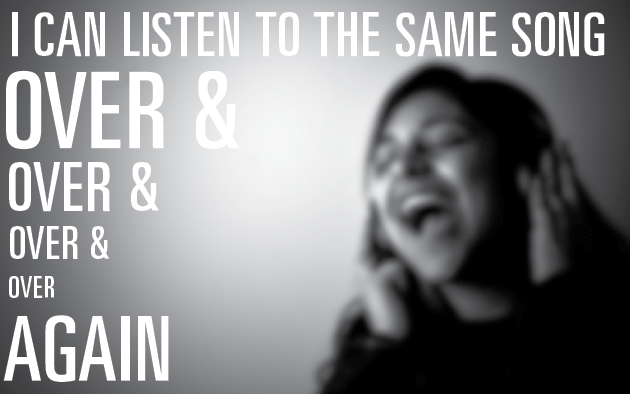
I can sing it at two decibels too high. I can sing it three notes off key.
A couple months ago, senior Kevin Tsukii asked me if I regretted never learning a musical instrument. Sure, I canít distinguish the different instruments in a song, and musical notes might as well be foreign words. But I know music still has a certain effect on me despite my lack of musical talent. Even as I write this, the music playing from my iTunes has some effect on my brain, altering some part of my neurological pathways and inspiring different words to enter the page.
Our reporters came to a consensus that music does have some, perhaps unknown, effect on each and everyone of us. Whether the conversation is about the idiotic aspects of dubstep or how all these white rappers have taken over, people get involved when the conversation is about music. And as a staff, we knew that music attaches itself to everyone, whether it is those with professional musical training or shower-singing training.
But the hard part was not the decision to choose it as our February Special Report.
The hard part was choosing which aspect of this huge, ambiguous subject we should discuss and show you.
It ultimately came down to bringing you a new window into musicís effect on the high school brain. We all know that certain songs bring us back to certain moments in our lives but juniors Cynthia Mao and Kevin Guo discover exactly how our brain makes those connections and how many adults make musical associations with their high school years. Seniors Ashley Wu and Daniel Tan explore music as both a distraction and a buffer against them. And junior Alex Poh and senior Elvin Wong show that music may heighten your high school abilities in mathematics.
The music that I belt out and listen to over and over — it enters my brain, provides nostalgic memories, stimulates my mathematical side and makes me concentrate. It doesn’t matter that I canít tell the difference between tuning instruments and playing instruments.






